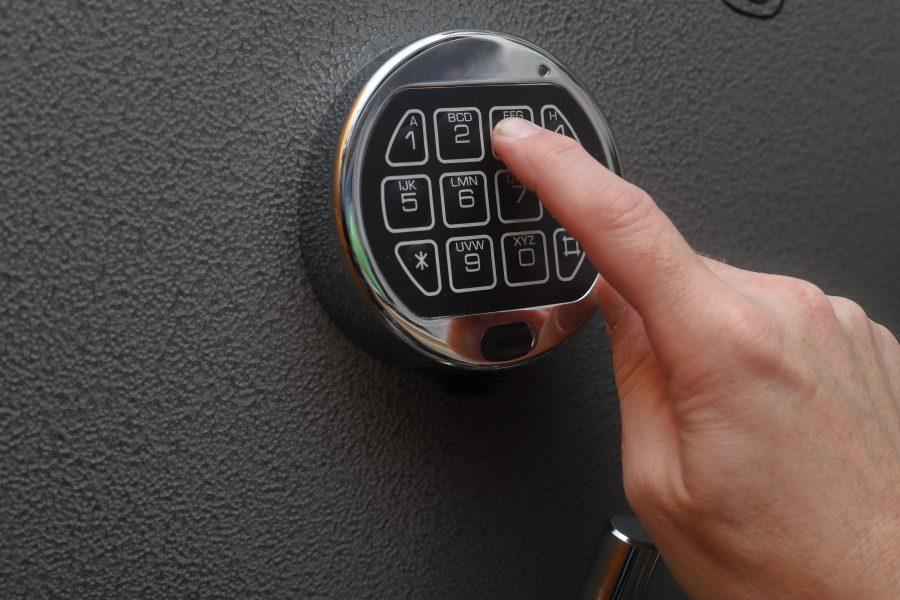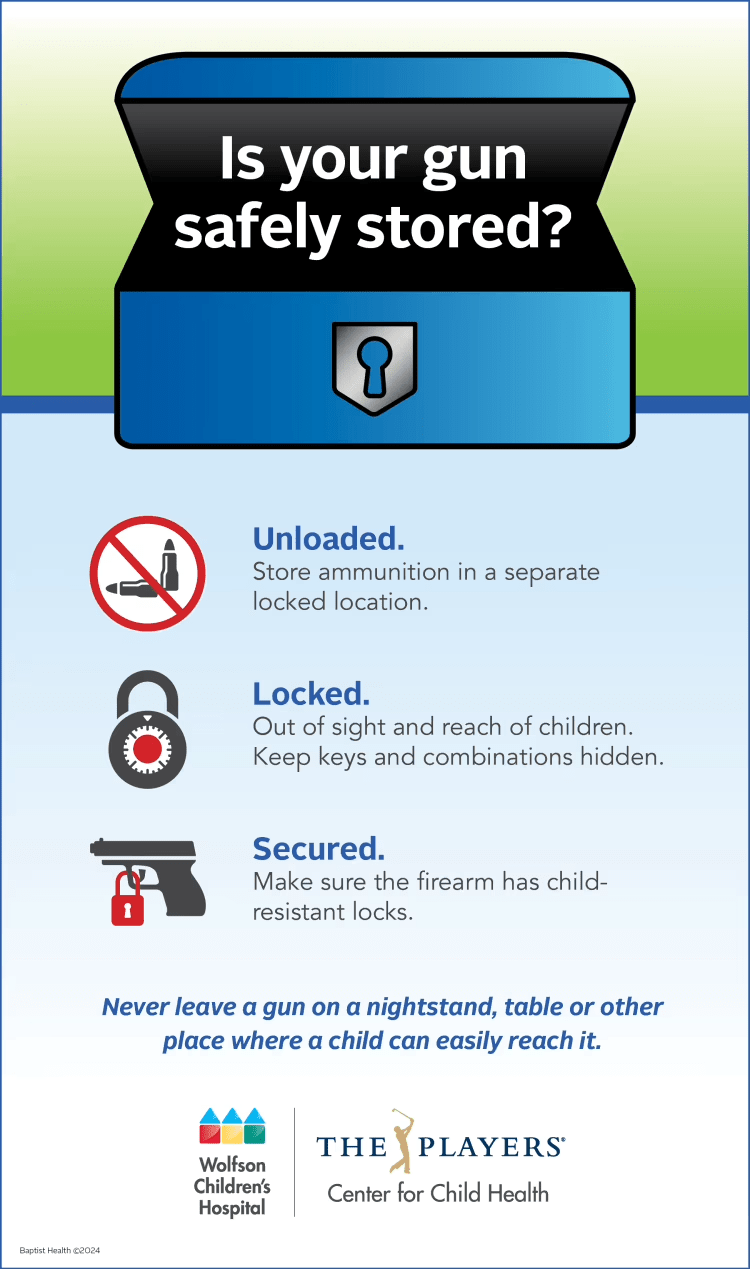 Parents are supposed to protect their kids and make them feel safe. Why else would we spend our precious time covering up outlet plugs, securing dressers to the wall, and ensuring that every nook, cranny, and sharp corner is toddler-safe?
Parents are supposed to protect their kids and make them feel safe. Why else would we spend our precious time covering up outlet plugs, securing dressers to the wall, and ensuring that every nook, cranny, and sharp corner is toddler-safe?
Knowing that we, as parents, are doing all we can to keep our children safe can provide a sense of comfort and assurance. But inevitably, our babies grow into preschoolers, then children, then preteens, and so on. And, at some point, your child will want to go on playdates with friends without Mom or Dad present.
In these instances, it’s only natural to have questions: Who will be in charge? Are there pets around? Is there a gun in the home, and if so, how is it secured?
“As uncomfortable as it can be, it’s so important to ask questions about firearms and, most importantly, firearm storage,” says Jessica Winberry, prevention coordinator with Safe Kids Northeast Florida, which is led by THE PLAYERS Center for Child Health at Wolfson Children’s Hospital. “According to the Centers for Disease Control and Prevention (CDC), an estimated 30 million children live in a home with a firearm, so it’s a good idea to assume guns may be present.”
According to Winberry, the best approach is to be direct and don’t hesitate to ask questions, much like you would when there is any other safety concern.
“Parents should ask if firearms are in the home and, if so, how they’re secured to ensure the kids can’t reach them,” she says.
Injuries from firearms are on the rise
According to a new report from the CDC, unintentional injury is one of the top causes of death in children in the United States, with firearms being a primary reason.
John Draus, MD, medical director of the Wolfson Children’s Porter Family Children’s Trauma Center and chief of Pediatric Surgery for Nemours Children’s Health, Jacksonville, has witnessed first-hand the devastating injuries that guns can cause — and these injuries have been on the rise.
“The number of patients treated at our Pediatric Trauma Center for firearm-related injuries has increased by 33% since 2021,” Dr. Draus says. “We see accidental shootings, self-inflicted gunshot wounds, and infants and children who are victims of violence.”
The Wolfson Children’s trauma team is highly trained to treat children with all types of wounds, even some of the most critical injuries, but Dr. Draus says that there have been times when the damage was simply too severe.
“Sometimes, despite our best efforts, these innocent babies and children have massive injuries that just cannot be repaired,” he said. “These are tragic, needless deaths.”
Safe gun storage is crucial
Half of accidental deaths from firearms among children and teens happened at their home, according to the CDC report. Furthermore, the guns involved in these unintentional deaths were often kept loaded and stored in an unlocked location, which is why safe gun storage is so important.
“Children and teens most commonly gain access to unlocked and loaded firearms in a nightstand or somewhere in a sleeping area,” Winberry said. “Many times, when one child shoots another, it’s because they can get ahold of the gun and are showing it to a friend or sibling. One of the best ways to prevent accidental shootings is to keep guns unloaded and locked in a secure location.”
 Have conversations about firearms
Have conversations about firearms
Both Dr. Draus and Winberry agreed that another important step for parents is to have age-appropriate conversations with their children. Start by asking your child what they would do in the following situations, and discuss the best courses of action.
- What if you saw a gun at someone’s house?
- What if your friend asked whether or not you wanted to see their parent’s gun?
- What if you heard that a classmate brought a gun to school?
“This is good advice for any child: If you see a gun, don’t touch it, and tell an adult immediately,” Dr. Draus recommended.
Click here for more gun safety tips. For additional injury prevention resources from Safe Kids Northeast Florida, led by THE PLAYERS Center for Child Health at Wolfson Children’s Hospital, visit wolfsonchildrens.com/safekids.
















